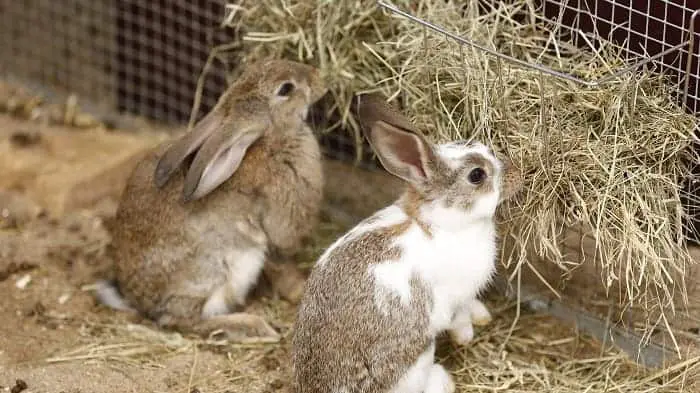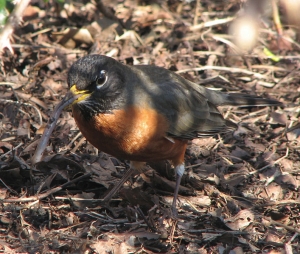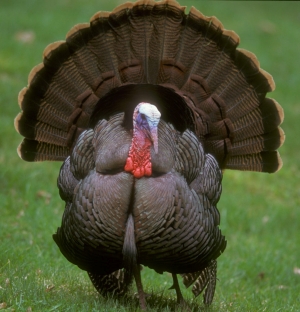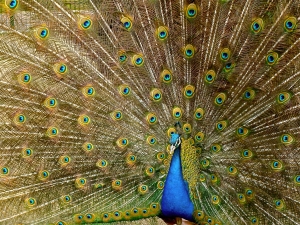There are two types of rabbits you’re likely to run into wild and domesticated. Wild rabbits run free through the countryside, while domesticated rabbits are usually kept as pets. Both varieties are herbivores that like to eat small amounts throughout the day. However, because of their different living conditions, the two also have very different diets.
What Do Domestic Rabbits Eat?
Most domestic rabbit owners provide hay at all times for their pets, but bunnies also love fresh vegetables as treats. Before you throw out unwanted produce such as carrot tops, leftover salad fixings or cabbage, toss it to your grateful bunny instead! Many rabbit owners also grow their own food for their rabbits.
Lettuce and carrots are both high-yield plants and bunny favorites. Be careful not to feed too much of a new veggie too soon, though, as rabbits need time to adjust to any changes in their diets. You should also avoid sweet fruits and other sugary foods, which are not part of a rabbit’s natural biology.
If you have found a baby rabbit or want to know what wild rabbits eat, keep reading for the information you need.
What Do Wild Rabbits Eat?
Wild rabbits don’t have an owner to feed them, and so must forage for themselves. They sleep in large, community burrows and begin grazing at dawn when they are less likely to be attacked by predators.
Wild rabbits nibble grass, preferably all day if they feel safe, and may also eat leafy ground plants and flowers. Because they may be scared away from their food, the first minutes of grazing are the most important for rabbits. They quickly eat whatever is available, usually grass. Once their basic hunger is satisfied, they can afford to be a little more choosy with their dining.
So, what do rabbits eat? Clover is a favorite, as well as anything they can nab from a local garden. Almost every gardener knows what it’s like to come out in the morning and find that their precious plants have provided a feast for the neighborhood rabbit warren.
All that grass means that a rabbit’s diet is very high in fiber. Because of this, it’s hard for them to digest everything efficiently. In response, rabbits have developed a rather gross way of reclaiming the nutrients they excrete too quickly: they eat their own droppings! Much like a cow chews cuds, rabbits actually excrete a special kind of dropping that is soft and full of plant material. After being processed a second time, the food comes out as the hard pellets you often see on lawns.
What Do Baby Rabbits Eat?
If you have found an abandoned baby bunny in the wild, it may be best to put it back where you found it. Rabbit nests are often located in the open on lawns or lightly overgrown areas. The mother returns to the nest twice a day to nurse her kits and care for them. Unless you know the mother is dead, she will likely return for her kits later that night.
If returning the kit is not an option, call a local wildlife shelter, rescue group or vet. They will be able to take the rabbit in and give it the care it needs. This is especially important if the bunnies still have their eyes closed, as they are very fragile and need professional care. Raising a wild rabbit is very difficult, and it may be better to save yourself the heartache of losing a baby bunny.
If you have a domestic orphaned bunny, it will need intensive care to keep alive. It must be kept warm and hydrated, and will likely need a milk substitute. A local tack store or vet may carry dried rabbit milk, but you will more likely need to buy goat’s milk instead. Even the goat’s milk sold at a grocery store is fine for use with rabbits.
Sit the baby upright before feeding, and only feed it twice a day. This is the same schedule a mother rabbit would follow, so don’t be tempted to overfeed the kit. Use a syringe to administer the milk and make sure not to choke the kit with too much at once.
Caring for an orphaned bunny may be one of the hardest things you ever do, but if done right the rewards of saving a life can be well worth the effort.



